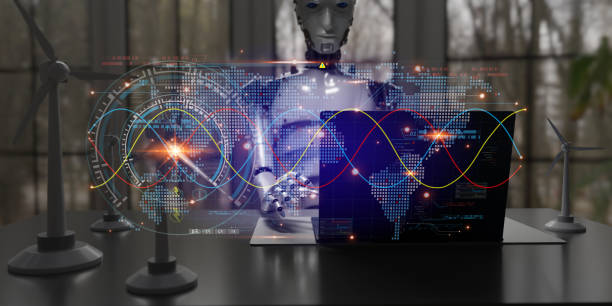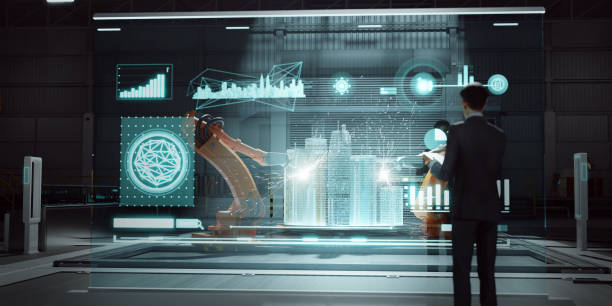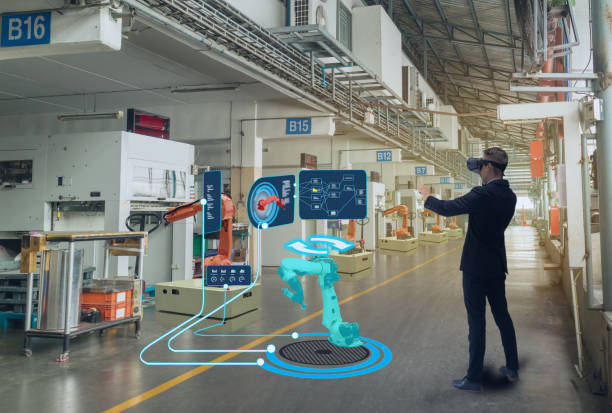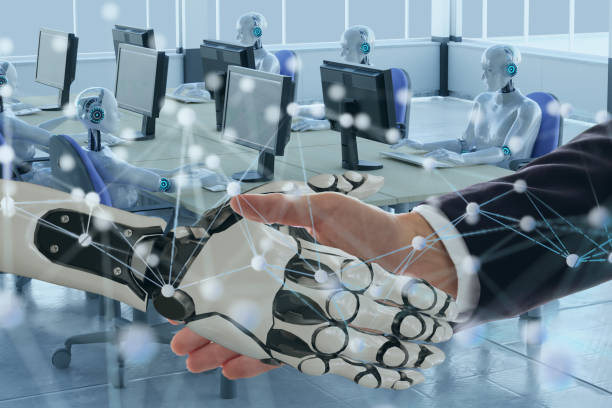Table of Contents
Artificial Intelligence (AI) is rapidly transforming industries across the globe, and the workplace is no exception. As AI capabilities continue to advance, its impact on how we work, what jobs we do, and the skills we need to succeed is becoming increasingly evident. This article explores the ways in which AI is reshaping the workplace, the opportunities it presents, and the challenges it poses.

AI-Driven Automation: Redefining Tasks and Roles
One of the most significant ways AI is impacting the workplace is through automation. As AI systems become more sophisticated, they can increasingly perform tasks that were once the exclusive domain of human workers. This includes routine, repetitive tasks, as well as more complex cognitive functions such as data analysis and decision-making.
The automation of tasks has the potential to free up human workers to focus on more strategic and creative activities. It can also lead to increased productivity and efficiency, as AI systems can often perform tasks faster and more accurately than humans. However, it is important to recognize that automation also raises concerns about job displacement. As AI systems take over certain tasks, there is a risk that some jobs may become obsolete.
AI-Enhanced Collaboration and Creativity
While AI can automate tasks, it can also enhance human capabilities. For example, AI-powered tools can help teams collaborate more effectively by providing real-time insights, facilitating communication, and streamlining workflows. Additionally, AI can augment human creativity by generating new ideas, providing inspiration, and assisting with design and development.
AI-powered tools can also help to bridge the skills gap by providing workers with access to new knowledge and expertise. For example, AI-powered tutoring systems can help workers to learn new skills, while AI-powered translation tools can facilitate communication across different languages and cultures.

AI-Driven Decision-Making and Problem-Solving
AI is also transforming the way businesses make decisions and solve problems. AI-powered analytics tools can help organizations to analyze large amounts of data, identify trends and patterns, and make more informed decisions. Additionally, AI-powered systems can be used to automate complex decision-making processes, such as those involved in financial forecasting or risk management.
However, it is important to recognize that AI is not a panacea. AI systems are only as good as the data they are trained on, and they may be biased or inaccurate if the data is flawed. Additionally, AI systems may not be able to handle unexpected situations or make ethical judgments.
The Challenges of AI in the Workplace
While AI offers many opportunities, it also presents significant challenges. One of the biggest challenges is the potential for job displacement. As AI systems become more capable, there is a risk that some jobs may become obsolete. This could lead to increased unemployment and economic inequality.
Another challenge is the ethical implications of AI. AI systems can be biased if they are trained on biased data, and they may be used to discriminate against certain groups of people. Additionally, there are concerns about the privacy and security of data collected and processed by AI systems.

Preparing for the Future of Work
To prepare for the future of work, it is essential to invest in education and training. Workers will need to develop new skills, such as critical thinking, problem-solving, creativity, and adaptability, to remain relevant in the AI-driven workplace. Additionally, businesses will need to invest in AI technologies and ensure that their employees have the skills and knowledge they need to use them effectively.
It is also important to consider the ethical implications of AI. Businesses should develop guidelines and policies to ensure that AI systems are used ethically and responsibly. Additionally, governments and international organizations should work together to develop regulations and standards for the use of AI.
Conclusion
In conclusion, AI is rapidly reshaping the workplace, presenting both opportunities and challenges. By understanding the ways in which AI is transforming the workplace and investing in education, training, and ethical guidelines, we can help to ensure that the future of work is one of prosperity and opportunity for all.

